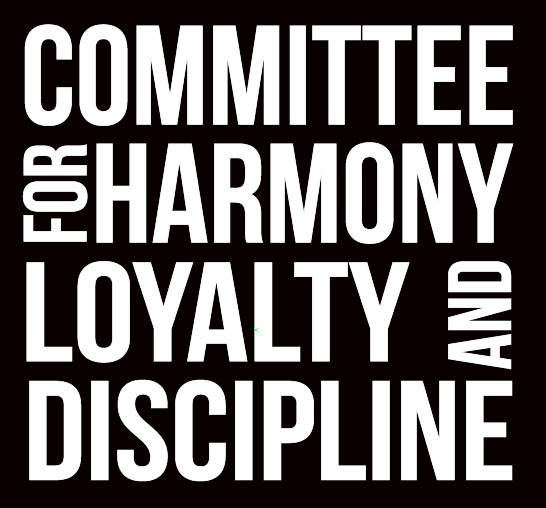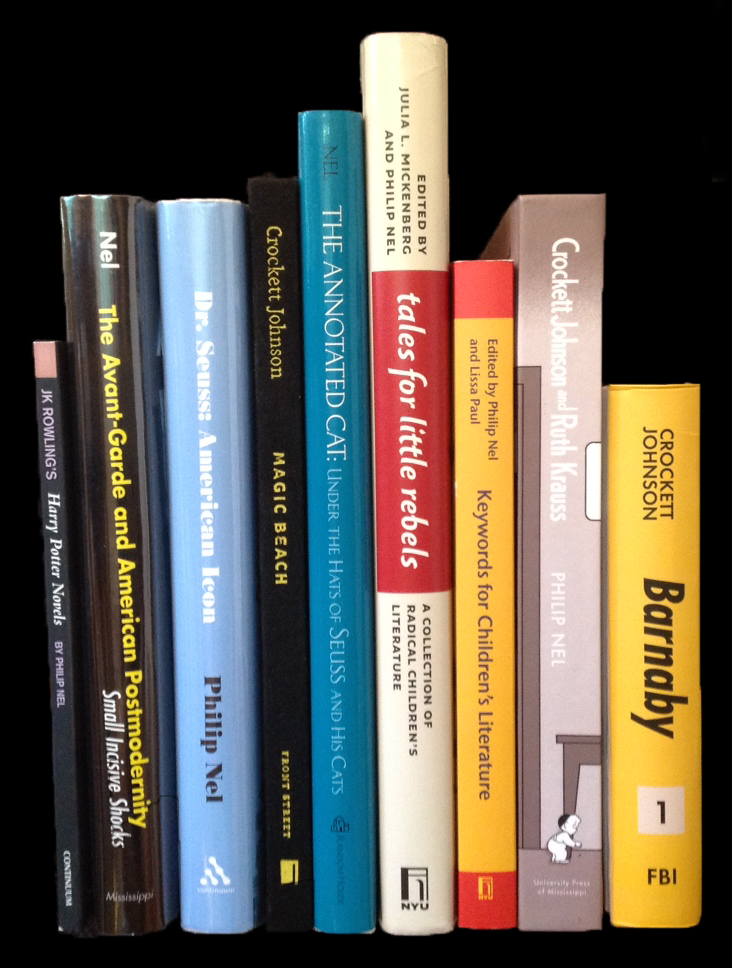 In light of the Kansas Board of Regents’ decision to double down on its repressive social media policy, people keep asking me: What next?
In light of the Kansas Board of Regents’ decision to double down on its repressive social media policy, people keep asking me: What next?
First, we may have lost this battle, but that doesn’t mean we’ll lose the war. In any case, opposing injustice does not mean that you’re going to win every time. The Kansas Board of Regents have established themselves as enemies of freedom of speech, and of higher education. They don’t feel compelled to listen to the faculty and staff they ostensibly govern, but governance without consent of the governed doesn’t work well in the long term. Stable governance requires credibility. The Board has abdicated its credibility and its responsibility.
Second, the policy remains so absurdly broad that we can either muzzle ourselves or keep speaking up. I’m not particularly good at muzzling myself. (Have you noticed?) And I’m not going to waste my time policing my speech for its loyalty, its harmonious content, its ability to impede discipline, or whether it furthers the “best interests of the university.”
 Third, time is our most precious resource. The Regents have wasted thousands of hours of our time. It’s now clear that they convened the workgroup merely to offer themselves cover for their assault on academic freedom. They can say: See? We followed procedure. We listened to the workgroup. Look! Here’s their language in our policy! What they don’t say, of course, is that they’re merely stapling language affirming academic freedom onto a policy that revokes academic freedom. To waste so much time simply to create a rhetorical cover story is unforgivable. It’s also very clever – they’ve played us well. We assumed they’d act in good faith, when they have never had any interest in acting in good faith. In acting in bad faith and wasting our time, they’ve revealed their true colors. And they’ve persuaded thousands of faculty and staff members that they should never trust the Regents again.
Third, time is our most precious resource. The Regents have wasted thousands of hours of our time. It’s now clear that they convened the workgroup merely to offer themselves cover for their assault on academic freedom. They can say: See? We followed procedure. We listened to the workgroup. Look! Here’s their language in our policy! What they don’t say, of course, is that they’re merely stapling language affirming academic freedom onto a policy that revokes academic freedom. To waste so much time simply to create a rhetorical cover story is unforgivable. It’s also very clever – they’ve played us well. We assumed they’d act in good faith, when they have never had any interest in acting in good faith. In acting in bad faith and wasting our time, they’ve revealed their true colors. And they’ve persuaded thousands of faculty and staff members that they should never trust the Regents again.
Fourth, back when the Regents announced this policy, I began de-affiliating myself from Kansas State University in all of my social media profiles. It would be too labor-intensive to remove all references to Kansas State University from my blog, but I altered this blog’s “About Philip Nel” page so that it redacts the university’s name. I removed the @KState tag from my Twitter account, deleted Kansas State University from my Facebook page, from my GooglePlus account, and from my Amazon.com author page. I will ask my publishers to remove references to Kansas State University from my future published work, and have stopped providing it for the “About the author” section of any articles I publish. I’ll never be able to fully dissociate my public self from my employer: a quick Google search will reveal where I work, and, when I give a talk, promotional materials invariably name my employer. However, I’ll do my best to minimize my public connection to Kansas State University.
 In the past, Kansas State University’s Division of Communications and Marketing have appreciated it when my work was cited in the media, or when I’ve appeared in the media, or when something I’d written received media attention. Indeed, because I’ve known this, I’ve always asked that my affiliation with Kansas State University be mentioned. And I’ve let them know about any such media attention. But I’ve stopped letting them know about my accomplishments. A book of mine recently won some awards; another has been nominated for a different award. I’ve added those accolades to my CV (which, yes, also identifies my university affiliation), but have otherwise kept that information to myself. And, when interviewed by the media, I will ask that I be identified as the author of whatever the most relevant of my books might be (Dr. Seuss: American Icon for a story on Seuss, say). If universities in Kansas want to benefit from social media, then they’ll need a social media policy that affirms academic freedom.
In the past, Kansas State University’s Division of Communications and Marketing have appreciated it when my work was cited in the media, or when I’ve appeared in the media, or when something I’d written received media attention. Indeed, because I’ve known this, I’ve always asked that my affiliation with Kansas State University be mentioned. And I’ve let them know about any such media attention. But I’ve stopped letting them know about my accomplishments. A book of mine recently won some awards; another has been nominated for a different award. I’ve added those accolades to my CV (which, yes, also identifies my university affiliation), but have otherwise kept that information to myself. And, when interviewed by the media, I will ask that I be identified as the author of whatever the most relevant of my books might be (Dr. Seuss: American Icon for a story on Seuss, say). If universities in Kansas want to benefit from social media, then they’ll need a social media policy that affirms academic freedom.
In any case, if I work for a place where everything I say in public can be used as grounds for my dismissal, then why would I want to be known as a Kansas State University Professor? People will pity me because I work at a place where freedom of speech is no longer allowed. I don’t want to be pitied. I have a reputation to protect, too.
Fifth, there is much that Kansas universities can do to protect faculty and staff against the tyranny of the Regents. We can adopt our own social media policies, modeled on the workgroup’s excellent revision – policies that affirm academic freedom rather than police the content of speech. And we can find creative ways to resist. For example, what the heck would loyal, harmonious, disciplined speech look like? The Regents have declined to offer examples of either appropriate speech or inappropriate speech. Why not have a contest, calling for creative responses (fiction, poetry, non-fiction, drama) to this puzzling question? We could make it a statewide event, and publish the winners. It could even be an annual contest. Another example: we could have one day each semester on which everyone sends out via social media a provocative idea. We can use Twitter, Tumblr, Facebook, Pinterest, or whatever the current social media platform is. We could send out provocative ideas from any discipline. It would be fun and educational. Yet another example: what about a conference in which we invite people from other places where academic freedom has been under attack (South Carolina, Colorado, Saskatchewan, etc.)?That’d be a great way to educate people about freedom of speech.
There are many possibilities!
In light of Wednesday’s decision, we – the faculty, staff, students of Kansas universities – are demoralized. We are down. But we are not out. This fight is not over. It is just beginning.

Pingback: Board of Regents made Kansas look anti-free speech–When Will Kansans Demand the Entire Board of Regents to Resign | Eslkevin's Blog
Pingback: Academic Freedom/Speech and Its Consequences | stevendkrause.com